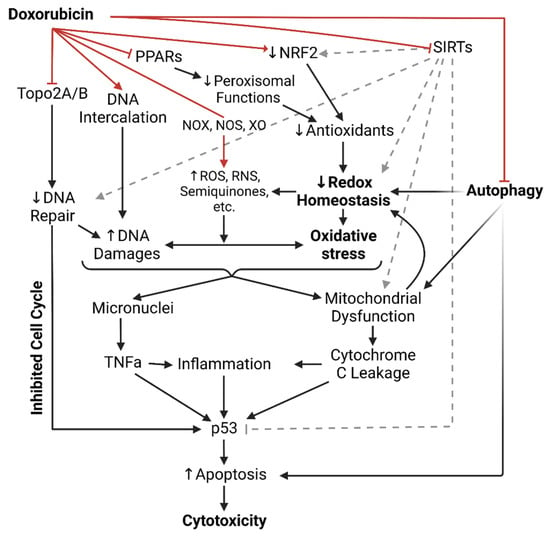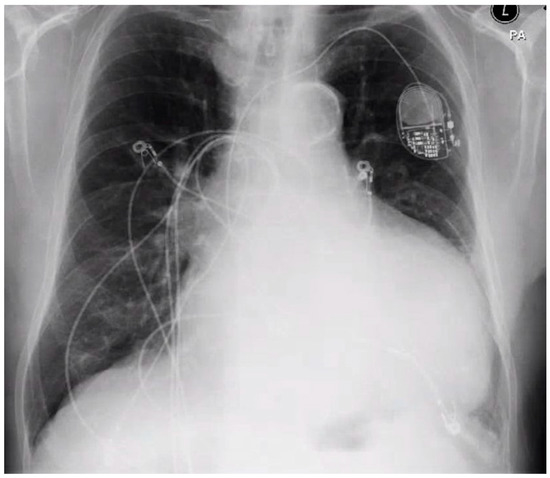Feature Papers from Hearts Editorial Board Members
A topical collection in Hearts (ISSN 2673-3846).
Viewed by 3531Editor
Interests: acute coronary syndromes; cardiac biomarker research; ischemia/reperfusion injury research; cardio-protection and conditioning; coronary artery bypass grafting; minimal invasive valve surgery; aortic valve surgery; mitral and tricuspid valve repair; transcatheter and endovascular techniques; outcome research; beating heart surgery
Special Issues, Collections and Topics in MDPI journals
Topical Collection Information
Dear Colleagues,
I am pleased to announce a new Special Issue to be published in Hearts that is quite different from the Special Issues typically published in this journal; it will mainly focus on either selected areas of research or special techniques. The submissions to this Special Issue will be creative in many ways, and the Special Issue will contain high-quality papers in open access form by the distinguished Editorial Board Members, or those recommended and invited by the Editorial Board Members and the Editor-in-Chief, covering different key topics in the field. The main idea behind this issue is to turn the tables and allow our readers to be the judges of our board members.
Authors can submit their manuscripts through the manuscript tracking system at the following website: https://susy.mdpi.com/user/manuscripts/upload?journal=hearts.
Prof. Dr. Matthias Thielmann
Guest Editor
Manuscript Submission Information
Manuscripts should be submitted online at www.mdpi.com by registering and logging in to this website. Once you are registered, click here to go to the submission form. Manuscripts can be submitted until the deadline. All submissions that pass pre-check are peer-reviewed. Accepted papers will be published continuously in the journal (as soon as accepted) and will be listed together on the collection website. Research articles, review articles as well as short communications are invited. For planned papers, a title and short abstract (about 100 words) can be sent to the Editorial Office for announcement on this website.
Submitted manuscripts should not have been published previously, nor be under consideration for publication elsewhere (except conference proceedings papers). All manuscripts are thoroughly refereed through a single-blind peer-review process. A guide for authors and other relevant information for submission of manuscripts is available on the Instructions for Authors page. Hearts is an international peer-reviewed open access quarterly journal published by MDPI.
Please visit the Instructions for Authors page before submitting a manuscript. Submitted papers should be well formatted and use good English. Authors may use MDPI's English editing service prior to publication or during author revisions.





